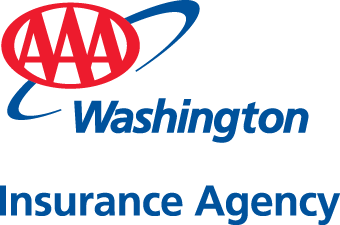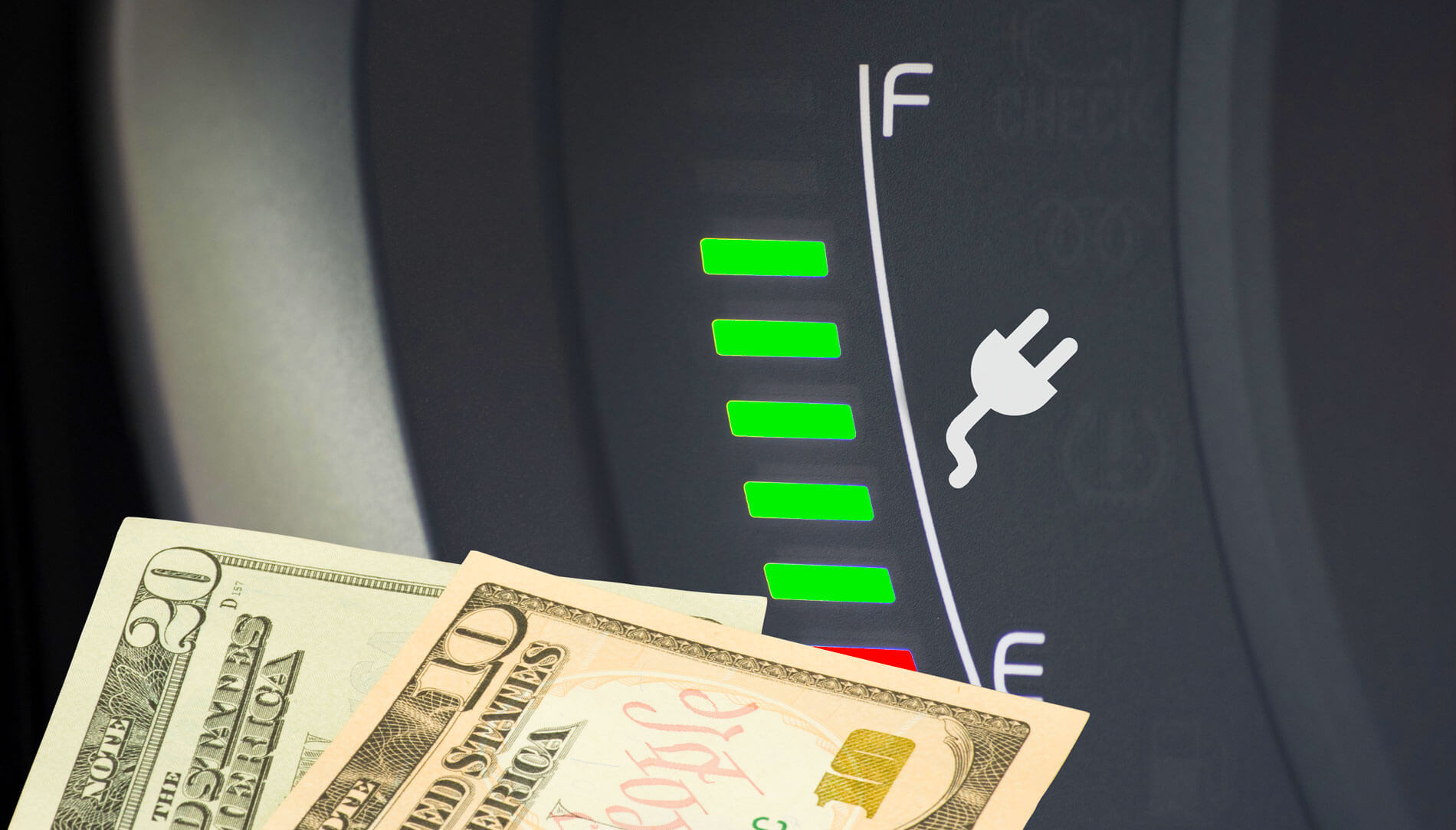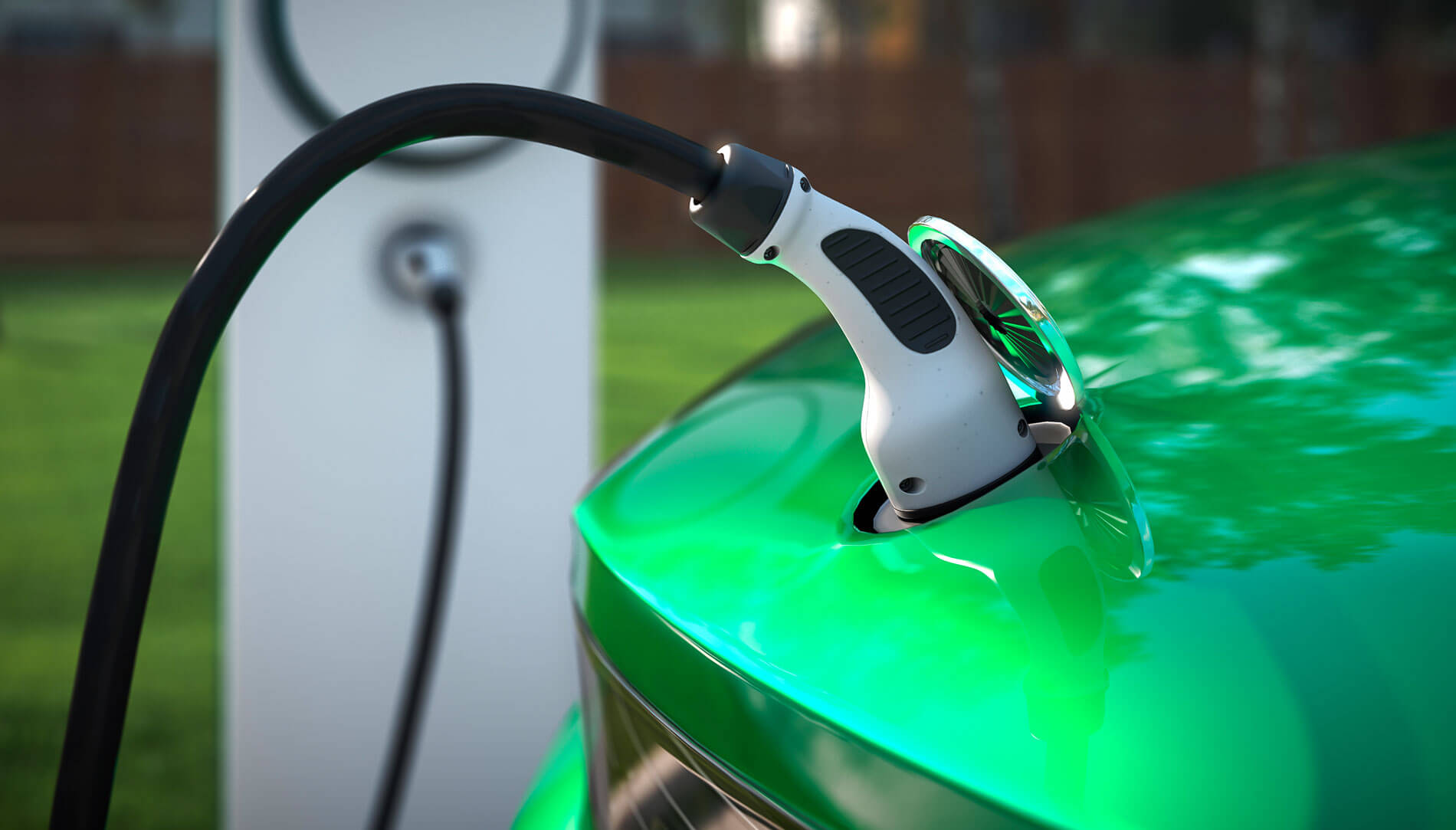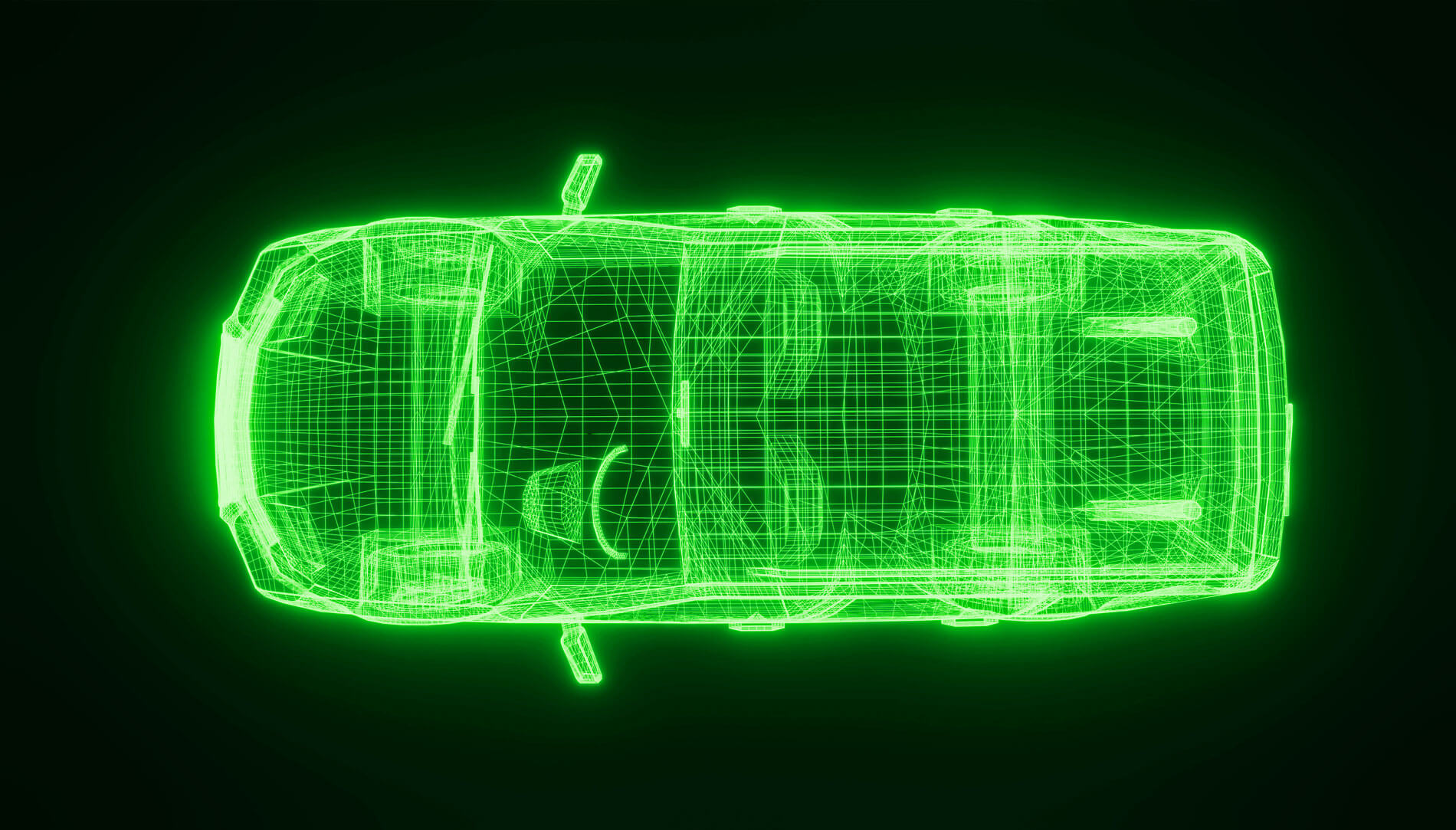Find the most current state and federal EV buyer incentives
In these days of high gas prices and increased concern for the environment, many drivers are looking seriously at replacing their gas-powered cars with an electric car or adding an electric car as a second transportation option for their family.
New tax credits, most notably the federal Inflation Reduction Act (IRA), will likely increase interest in new and used electric cars and make them more affordable for some buyers. But there are nuances in the programs and fine print in the rules that can create confusion and affect whether those tax credits can be claimed.
What Do Electric Cars Cost?
Experts say electric cars can save drivers hundreds of dollars in gas costs per month and thousands of dollars in repair and maintenance costs over the life of the vehicle. But the upfront costs of buying an electric car can be substantially more than buying a traditional gas-powered car.
As of September 2022, the average price for a new vehicle in the United States was about $48,000 and the average price for an electric car was over $65,000, according to Kelly Blue Book estimates. Prices for the high-end electric cars from Audi, Tesla, Jaguar and others start at around $65,000 and can exceed $100,000.
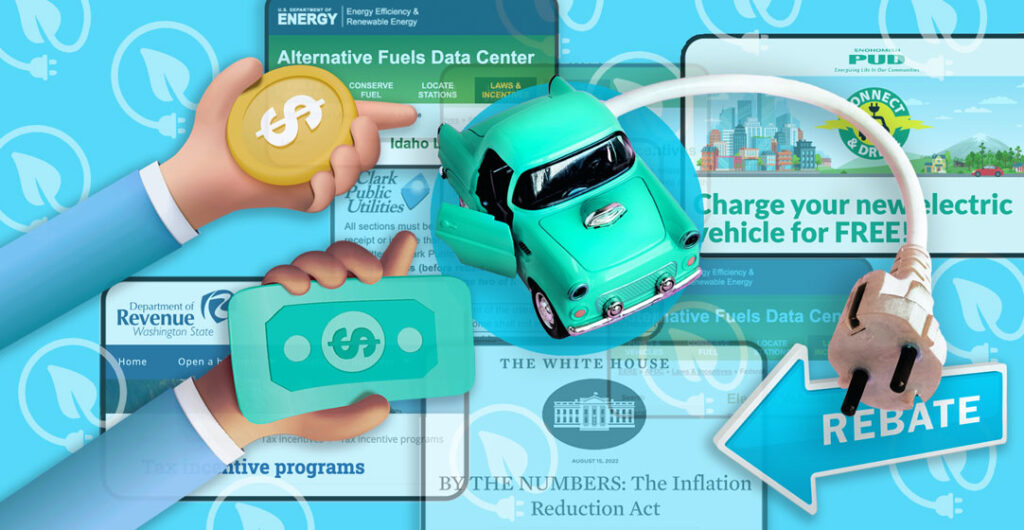
Tax Credits
There are numerous tax and other incentives to encourage car buyers to choose an electric car over a gas-powered model.
As part of 2019 legislation promoting green alternative transportation in Washington state, customers who purchase or lease certain new or used electric or hybrid vehicles before July 31, 2025, can qualify for sales and use tax exemptions. See more details here.
There may also be tax incentives and rebates offered by cities and counties for the purchase of electric cars and the required chargers, says Stacey Siqueira of the charging infrastructure company SWTCH Energy.
Siqueira notes that in Washington state, Clark Public Utilities (CPU) offers rebates of up to $2,000 on the purchase of used electric cars for low-income Clark County residential customers as well as rebates on the purchase of electric car chargers. Clark County also offers a rebate of up to $500 for the installation of a Level 11 home charger. Find more details here.
Snohomish County Public Utility District (PUD) offers residential customers a $400 rebate, in the form of a bill credit, to go toward the charging of a newly purchased or leased electric car or hybrid. (Restrictions apply, and the funds are limited.)
To find other state and local programs, check the U.S. Department of Energy’s Alternative Fuels Data Center, which tracks incentives, laws and regulations for alternative fuels and advanced vehicles for Washington, Idaho and other states.
Additional, and greater, savings are offered via the federal tax credits worth up to $7,500 for certain new electric vehicles and up to $4,000 for certain used electric cars that were introduced as part of the Inflation Reduction Act of 2022.
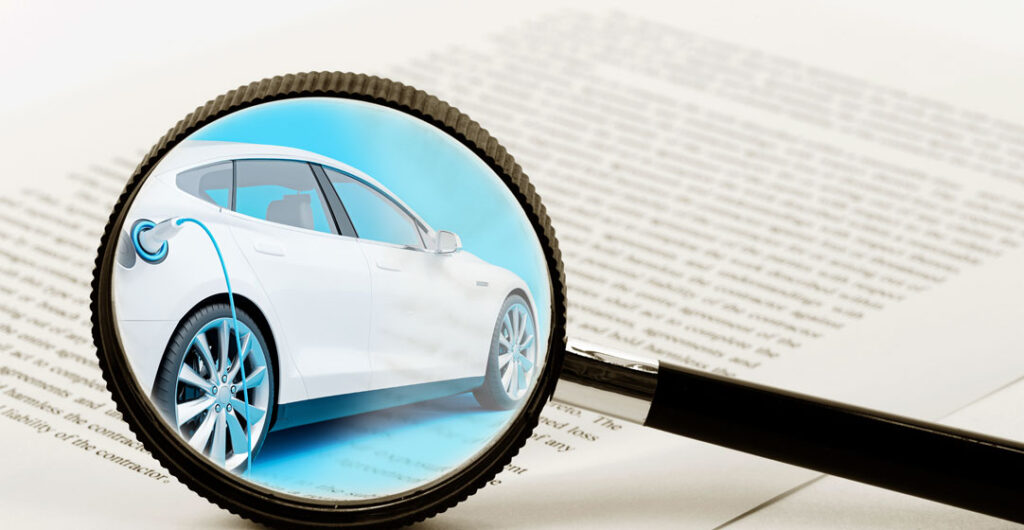
Fine Print
It should come as no surprise that each rebate or tax credit program for buying or leasing new or used electric cars comes with its share of restrictions and fine print.
Under the federal Inflation Reduction Act, for example, you will not get a discount on the purchase price of an electric car. You will need to buy the car and then apply for a tax credit.
But even then, you may not qualify for the full $7,500 federal tax credit. The amount of the credit will depend on how much federal tax you owe.
If you owe the government $7,500 in taxes and qualify for the electric car tax credit, you may end up with a tax bill of zero. But if you only owe, say, $5,000, you will only be able to claim $5,000 in federal tax credit. The rest will go unused. So be sure to consult your tax adviser before making the electric car tax credit part of your financial plan.
Customers who plan to buy new or used electric vehicles or plug-in hybrids and take advantage of the IRA federal tax credit also need to make sure they purchase a qualifying model because there are various (and somewhat confusing) IRS rules about where qualifying electric vehicles must be built and where the materials used in the batteries come from.
Go to this Internal Revenue Service page to see the basic requirements to qualify for a federal tax credit, and obtain a list of electric car manufacturers and models.
Here, for example, the IRS notes that for new electric cars purchased after Aug. 16, 2022, the tax credit applies only to vehicles that have been finally assembled in North America. (See the list of electric cars assembled in North America.) But, the IRS notes, even some approved Model Year 2022 and early Model Year 2023 electric vehicles on a recent list published by the Department of Energy may not qualify for the tax credit because they were assembled in multiple locations.
To determine if the specific electric car you plan to buy was indeed assembled in North America, you can enter the car’s Vehicle Identification Number (VIN) into VIN Decoder at the National Highway Traffic Safety Administration’s website.
Starting in 2023, the Inflation Reduction Act also has additional income and vehicle price limits and other provisions that may expand or limit your ability to claim the federal tax credit.
As we said, the rules and fine points related to tax credits for purchasing a new or used electric vehicle can be confusing. But for those that do their homework and meet the qualifications, the savings to the bottom line of the car’s cost can be significant.
—Written by Harriet Baskas
—Top photo collage created by Karen Steichen from AdobeStock images

